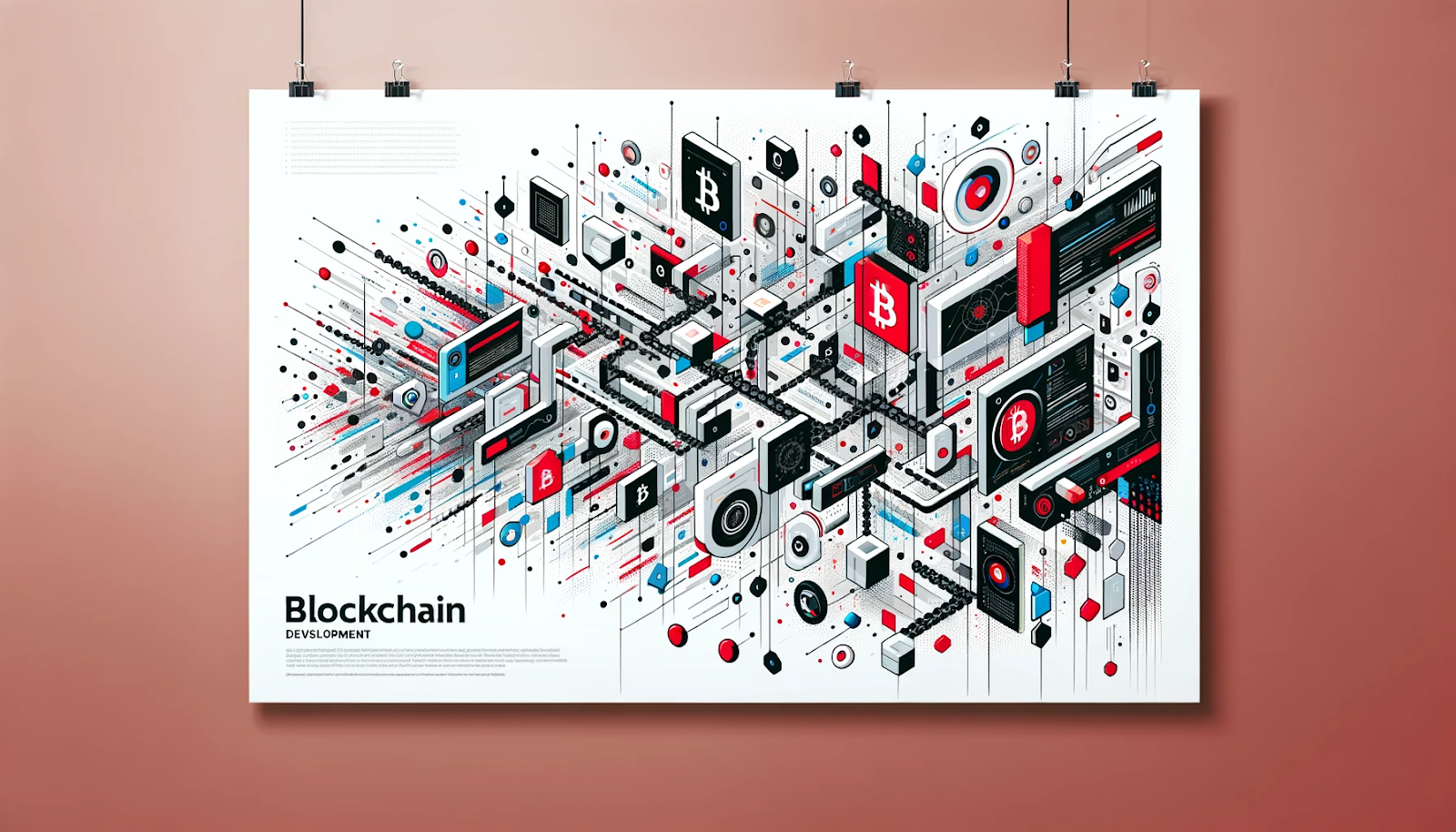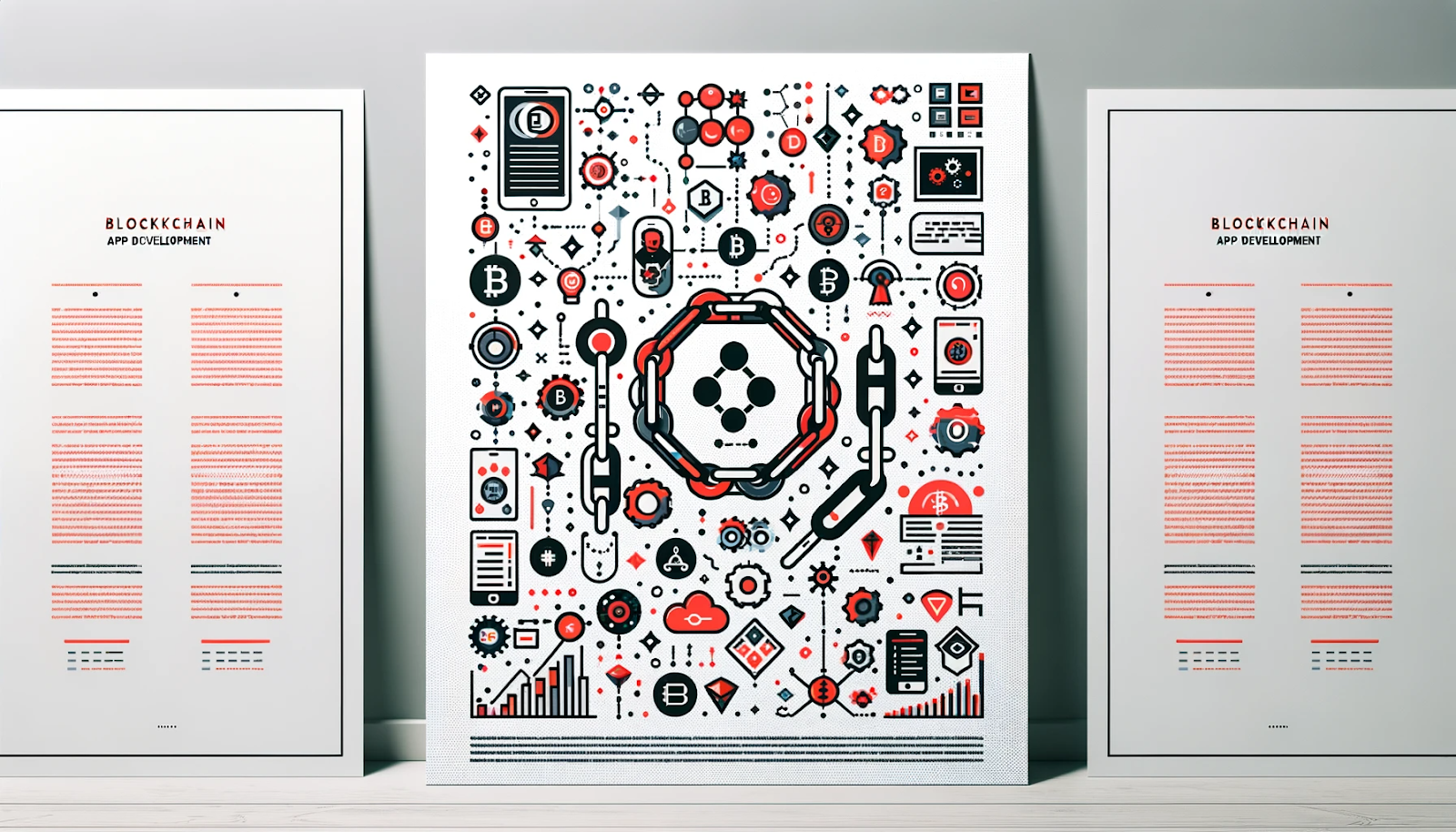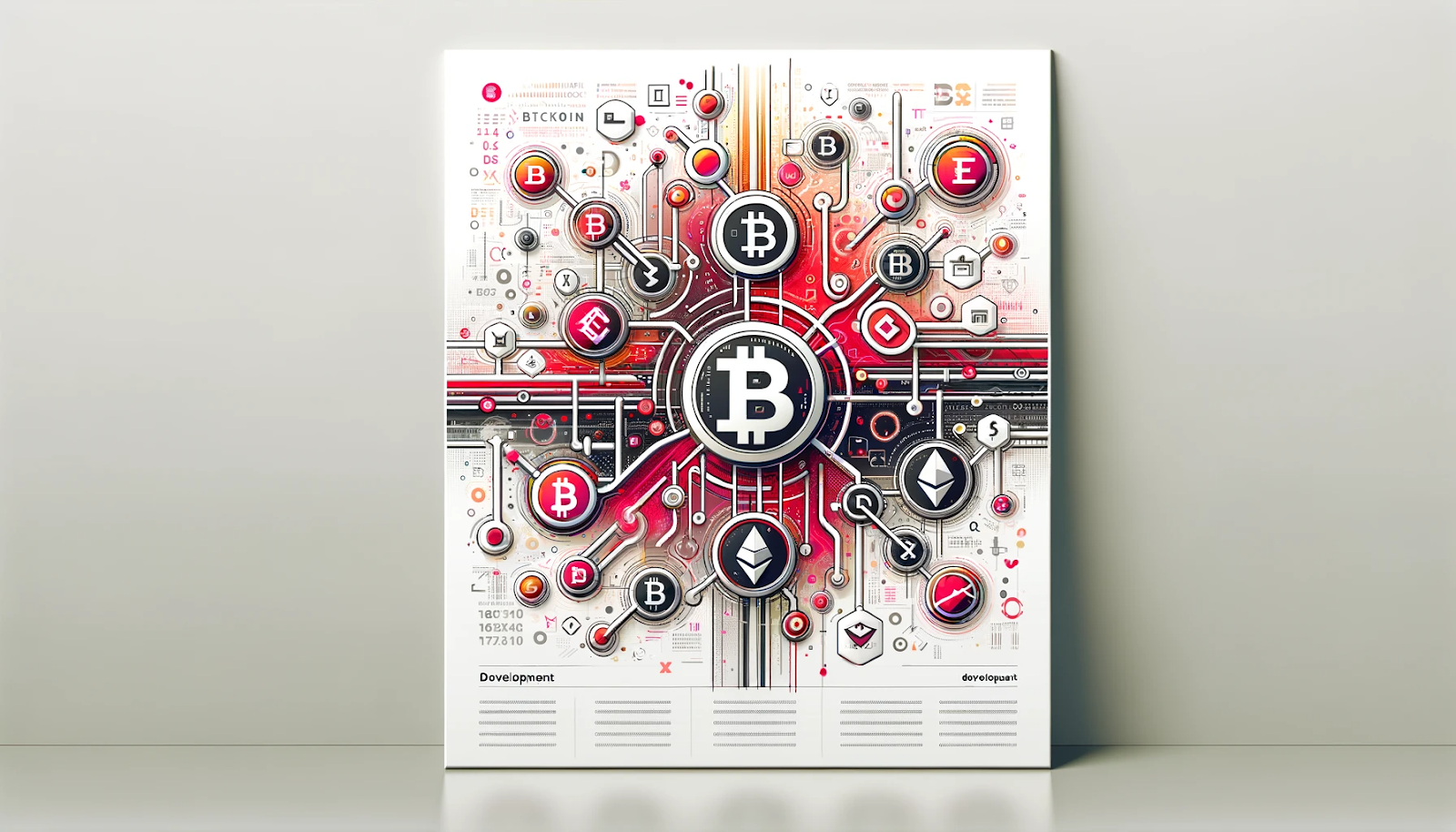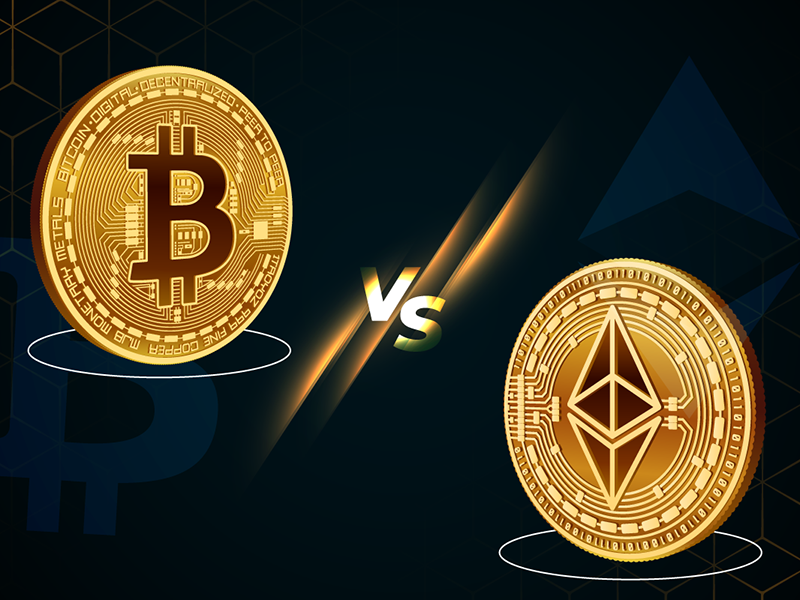Unlock the Future: How Blockchain Technology Revolutionizes Our World

In an era where digital transformation is pivotal, blockchain technology emerges as a beacon of innovation. This technology, initially the backbone of cryptocurrencies like Bitcoin, has now transcended its financial roots, offering a myriad of applications across various sectors.
What is Blockchain Technology?
Blockchain technology is an encrypted, distributed database that records data in digital records of transactions, contracts, and more. Its defining feature is the automated, decentralized record-keeping across numerous computers, ensuring unparalleled security and transparency.
Blockchain in Action: Real-World Examples
- Libraries and Education: San Jose State University School of Information is pioneering the use of blockchain technology in library and information services. From safeguarding digital first sale rights to validating academic credentials, blockchain is reinventing how libraries function and interact with patrons.
- Record-Keeping and Archives: Blockchain’s potential in libraries extends to systematic record-keeping. This could result in a more efficient migration of government documents and historical records to blockchain systems, significantly reducing transaction costs and the risk of data loss.
- Property and Asset Management: Blockchain technology simplifies and secures the transfer of assets like property and money, bypassing the need for third-party intermediaries like banks or government agencies.
Blockchain Technology: Adding Value to Users
Blockchain technology offers a multitude of benefits for users:
- Enhanced Security: Due to its immutable nature, once information is recorded on a blockchain, altering it is virtually impossible, making data breaches rare.
- Reduced Costs and Improved Efficiency: By eliminating intermediaries, blockchain reduces transaction costs and enhances efficiency in operations.
- Increased Transparency and Trust: The decentralized and transparent nature of blockchain builds trust among users, as all participants have access to the same immutable records.
Conclusion: The Blockchain Revolution
In conclusion, blockchain technology is not just a trend but a revolutionary shift in how data is managed and transactions are conducted. From libraries to asset management, it offers enhanced security, cost efficiency, and transparency, promising a future where digital innovation leads to greater collaboration and trust.



